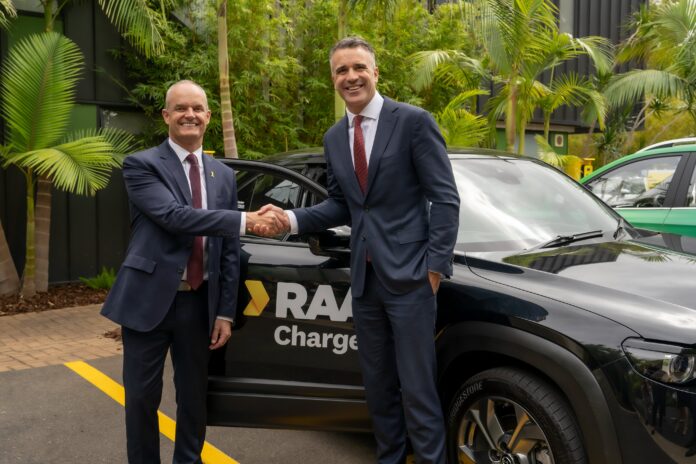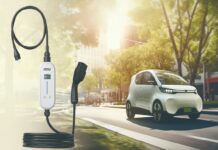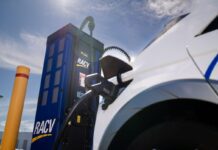
South Australian (SA) Government announced the rollout of a statewide electric vehicle (EV) charging network, further enhancing the State’s decarbonisation effort.
The network’s operator, RAA, unveiled the locations of the first 12 fast charging stations, which will be funded by a $12.35 million State Government grant.
“RAA is partnering with the state government to lead the way and build the first border-to-border charging network in South Australia,” RAA Chief Executive Nick Reade said.
Across metropolitan, regional, and rural areas, the RAA Charge network will include 86 AC rapid charging stations (capable of up to 7kW output) and 54 DC Rapid (up to 150kW) and Ultra-Rapid (up to 200kW) charging stations.
“Our research shows that interest in EVs is curbed by the lack of available charging infrastructure – we’re putting that to bed with the launch of the RAA Charge network,” Reade stated.
Marion, West Lakes, Strathalbyn, Hahndorf, Woodside, Mount Gambier, and five Adelaide CBD UParks are among the first sites for the EV charging network.
The construction of all 140 charging stations, powered entirely by renewable energy, is projected to be completed by the end of next year.
With the ease of many high-powered charging stations around the SA, the State Government said driving range anxiety will no longer deter purchasing an electric vehicle.
According to the State Government, the new charging network will also contribute significantly to the stability and efficiency of SA’s electricity system by promoting use when inexpensive renewable supply is plentiful, putting downward pressure on power prices for all South Australians.
The Government added that the statewide EV charging network delivers a strong message to global vehicle manufacturers, businesses, and the community that SA is committed to leading the way in Australia’s transition to EVs.
“South Australia leads the world in decarbonisation of our electricity grid, and supporting a faster uptake of electric vehicles makes sense from an economic and an environmental standpoint,” Premier Peter Malinauskas said.
According to Premier Malinauskas, EVs will be critical in storing and utilising renewable energy.
The Malinauskas Government reported that it overturned the previous government’s EV tax last month, which would have a charge on every kilometre driven in an EV.
“By helping fund this broad-scale charging network and abolishing the Liberals’ ill-thought-out tax of electric vehicles, we’ll ensure we continue to lead the nation,” Premier Malinauskas added.
The State Government reported that 242 EVs were sold in January, compared to only 32 EVs in the same month in 2022.
Substantial incentives are in place to encourage the purchase of new battery electric and hydrogen fuel cell vehicles, including a three-year exemption from motor registration fees and a $3,000 grant.



















